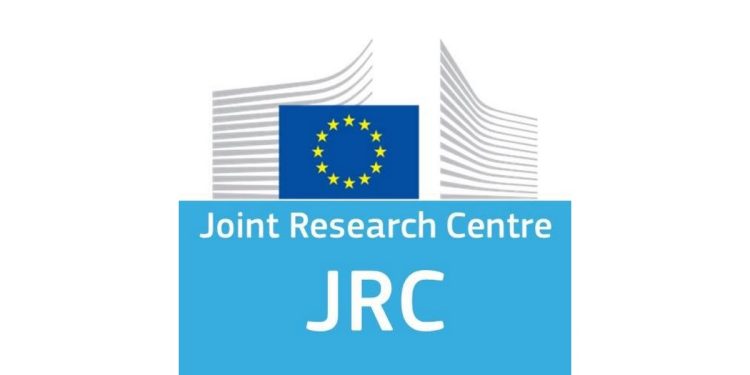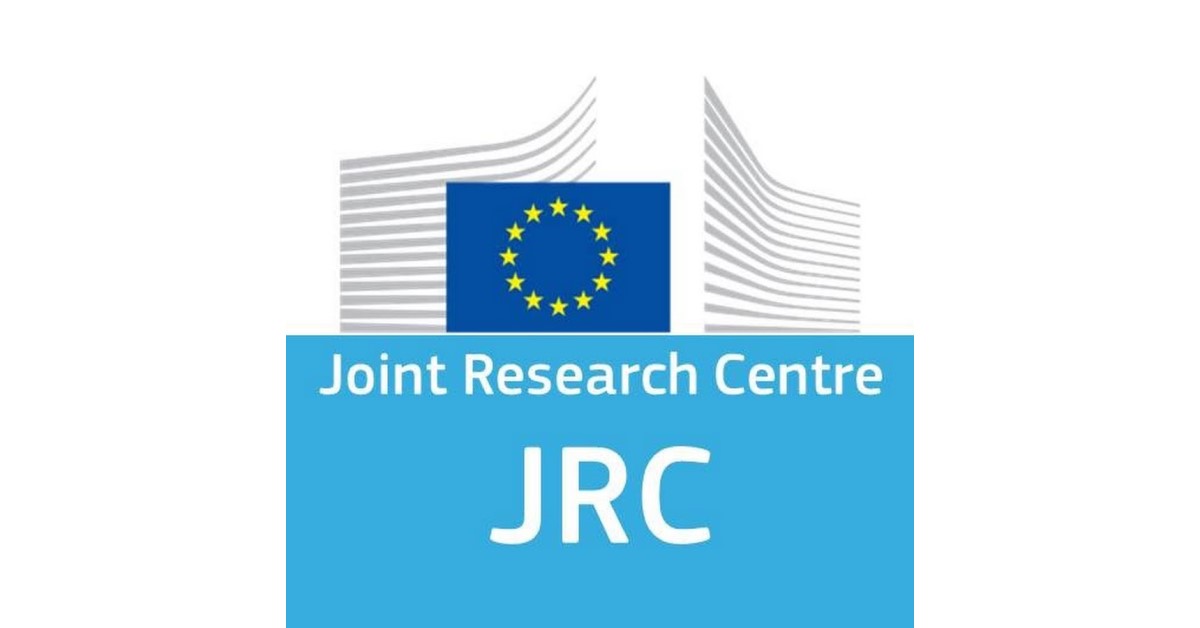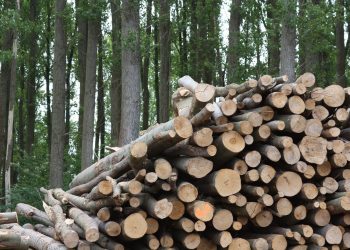The JRC brought together policy makers, researchers, practitioners and industry representatives to explore alternative business models that could help reduce the use of pesticides. These include combining new outcome-based services with specific insurance products that can facilitate farmers’ efforts to reduce crop protection product use. While industry is already developing pre-commercial pilots, evidence of the performance is still scarce and these new business models still have to show their potential when upscaling.
Plant pests and diseases can cause considerable impacts on crop yields, and in turn affect food and feed security. Plant protection products (PPP) are the first-choice tool used by farmers to control or eliminate pests and diseases, playing a crucial role in agriculture. However, effects of PPP on human health and the environment have become a major concern for society and policy makers.
Against this background, different initiatives at national, European and international level have been launched aiming to reduce the use and the risk of these substances. At the same time different stakeholders have raised concerns about the plausibility of reducing PPP use without compromising food security or farmers’ earnings.
As part of the efforts to better understand if and how the use and the risk of PPP can be reduced while minimising impact on food security and farmers’ income, in November 2023 the JRC organised a two-day workshop at its Seville site in Spain, focusing on possible new business models that could facilitate this reduction.
Twenty-five experts and Commission staff shared experiences and views on the different strategies being developed by PPP producers, agricultural machinery producers and the financial sector. The conclusions are published in the Report on Proceedings of the Workshop on Alternative Business Models for Pesticide Reduction.
Scarcity of data
The first step to reduce PPP is to know more about its use and risk. Currently data is not available on use of specific PPP for different geographic areas and crops. This data would need to be accessible by all actors involved in order to better design their strategies to reduce PPP. Without data, evaluating the feasibility of reductions becomes very challenging and most of the alternative business models presented in the workshop will not work.
Lack of quantitative estimates of costs and benefits
Reliable estimates of the costs and benefits associated with PPP reduction becomes challenging due to lack of data on PPP use and risk. Both cost and benefits need to be better quantified if we want to find an acceptable reduction strategy. In terms of costs, the yield reduction associated to PPP reduction is uncertain while for benefits we need to better understand how PPP use affects biodiversity as increased biodiversity can partly offset pest pressure via natural pest control among others.
New business models could reduce PPP use
Companies active in production of PPP, agricultural machinery and the financial sector are spearheading new solutions to facilitate reducing PPP use without reducing the level of pest protection or farmer income. Despite not being represented in the workshop, processors and retailers of the food system also have a role to play in the transition to a lower pesticide use.
These business models acknowledge that crop protection provided by PPP use can be partly substituted by other management practices. The management practices can also mitigate potential yield losses, in particular through a more strict application of Integrated Pest Management guidelines, using effective and environmentally friendly approach which relies on a combination of common-sense practices.
Most of them actually rely on the use of digital support systems (DSS) that enhance the efficiency in pesticide use and try to overcome farmers’ reluctance to adopt new technologies driven by risk aversion. Therefore, combining insurance and crop protection services is seen as a promising avenue even if challenges arise from an actuarial point of view due to the specific characteristics of pest related damages.
New business models rely on new relationships between and across agents, which so far have worked on a bilateral basis: a farmer would purchase insurance from a company, pesticides from another one and machinery from a third one. If an integrated package is to be provided based on purchasing crop protection as a service, we need to understand how this multilateral relationship is going to work.
New business models should not exclude more traditional economic tools such as taxation based on internalisation of external costs.
Overall, the workshop has shown that the different agents in the food system (farmers, cooperatives input suppliers, financial institutions) have the possibility of setting up alternative business models for pesticide reduction. Outcome-based services and insurance policies can help farmers, with an accompanying adequate policy (e.g. subsidies), to achieve this reduction.
Related links
Report on Proceedings of the Workshop on Alternative Business Models for Pesticide Reduction
O artigo foi publicado originalmente em JRC.




















































